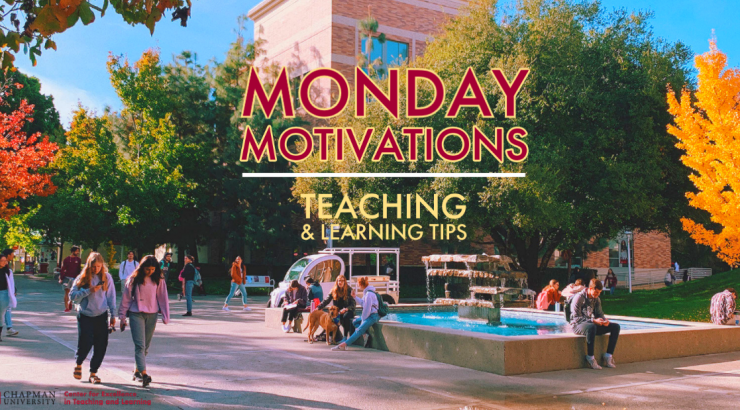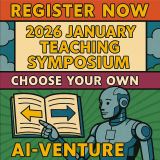
Tips for the Week of February 13, 2023
February 8, 2023
Providing Meaningful & Effective Feedback
One of the most important factors leading to students’ academic growth is the quality of feedback they receive from their instructors. Woolf (2020) and other researchers suggest that meaningful and effective feedback is 1) regular and ongoing, 2) specific and actionable, referencing aspects of a specific learning outcome or objective students can then apply for improvement; and 3) timely, allowing students time to make improvements prior to completion of the next relevant assignment. You might consider using different modalities for providing feedback, such as audio or video feedback, which might help motivate students to use your feedback, according to this podcast episode. Looking for more ideas? This website provides 20 specific tips for providing effective feedback.
Mid-Term Feedback from Students
Soliciting student feedback regarding the course during the first weeks of the term can help identify challenges to their learning. Making modifications according to this feedback not only affirms the student voice, but it supports their learning and can prevent negative end-of-course evaluation feedback – when it is too late to make changes for these students. Polling tools and surveys can be used during class for quick and anonymous check-ins throughout the term to gauge students’ learning and/or satisfaction. Parrish (2016) provides specific questions and tips for implementation of midterm evaluations. More suggestions and instructions for using various tools to collect feedback can be found here. If you’d like to consult with CETL to construct mid-term surveys, please contact us.
Make Your Teaching More Engaging
Cavanagh (2019) argues that “engagement is the necessary first step for learning- which is one reason why efforts to enliven your classroom can’t be dismissed as empty entertainment.” Make the purpose of engagement a means to monitor student understanding, uncover misconceptions or misunderstandings, and facilitate deeper processing of the content. Some general strategies include:
- Make the material relatable and personable for students
- Provide real-world examples and have students solve current issues related to the material
- Be yourself! Humanize your course. Students will respond to you and your personality.
- Create clear outcomes and get students excited about what they will achieve by the end of the course.


